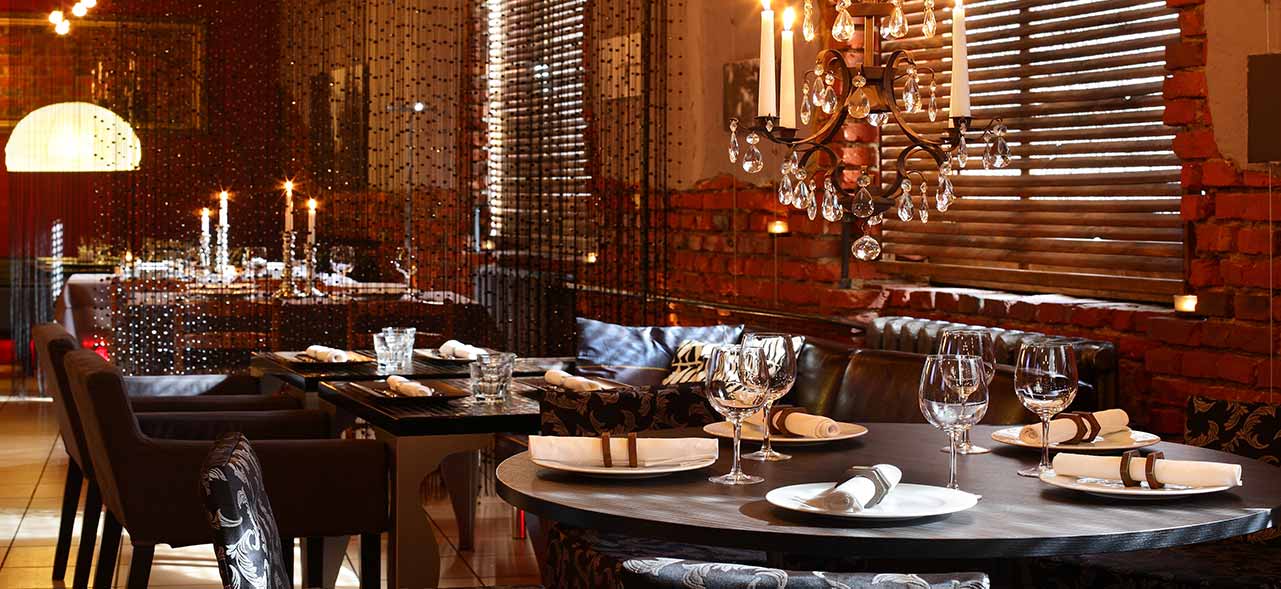
The Winning M&A Advisor [Vol. 1, Issue 5]
Welcome to the latest issue of The Winning M&A Advisor, the Axial publication that anonymously unpacks data, fees, and terms…
Part of every deal professional’s job is networking. But what do you do if you’re new-ish to the gig and tasked with hosting a business lunch or dinner with a group of clients or partners? Don’t worry — even if your normal fare is burger and beers at the pub, I’ll show you exactly how to orchestrate a seamless affair and set the stage for a productive business relationship down the road.
It’s all about the halo effect. People are attracted to people who are confident and self-assured. Your guests’ perception of you as a host will in turn impact their impression of you as a person, in addition to that of your firm and colleagues.
I’ll break up the do’s and don’ts before the reservation, during the meal, and post dining.
Do find out if anyone in the party has any dietary restrictions. If someone’s a vegan, you don’t need to go to a vegan restaurant; just make sure there are options for them available. People with stricter dietary restrictions understand the difficulty that comes with dining out. If they don’t, it’s about time they learn the world doesn’t revolve around their dietary restrictions (unless of course they’re the person you’re trying to woo… then by all means, go to a vegan restaurant and eat that silken tofu with a grin on your face).
Do your research if you plan on ordering wine. Take a look at the wine menu beforehand so you’re not looking at a 60+ page list at The Lambs Club and talking with a sommelier for 20 minutes about the vintage of a specific Sauvignon Blanc. If the idea of initiating a conversation about wine in front of business contacts terrifies you, try calling in beforehand and ask what they recommend would go best with their main dishes.
Do take it upon yourself to orchestrate introductions. Shake hands with everyone and introduce individuals who haven’t met yet. Bonus points if you can bring up shared interests or business contacts to spur conversation.
Do close your menu when you’re ready to order. Make an effort to go first, even if it requires being assertive. As the host, you set the tone of the meal. If you order a drink, an appetizer, and an entree, for example, that gives everyone else at the table implicit permission to do the same.
Don’t order messy dishes. While I love lobster-in-shell as much as the next guy, save it for dinner with your mom or ex-girlfriend. Don’t order anything that requires you to shift your attention from your guests to your plate, and beware of potential food-related mishaps. It’s not a pretty look when a bolognese is flying off the end of your pasta and onto your client’s $1000 suit.
Don’t order unfamiliar foods. Save your personal exploration of sea urchin innards for a later date. This mitigates any unforeseen gastrointestinal problems or unattractive muscle spasms in your face.
Do request to see the somm if you’re feeling over your head. If you don’t want them to suggest the ‘98 Chateau Lafite, point to the price of a bottle on the list in your price range and ask them to suggest a similar bottle. A good sommelier will understand what you’re getting at.
Do familiarize yourself with how wines are presented at the table. If you order the wine, you will be the designated taster. The server will bring out the bottle and confirm with you it’s what you requested. The server will then pour a small amount of wine in your glass. Lift the glass by the stem, give it a swirl, nose it, and take a sip. If you dig it, a simple “this is fine” will suffice.
If the wine is tainted or corked, hand it to the waiter or the sommelier for their opinion and order a different wine. I follow this guideline when it comes to sending back wines: If I request a bottle and I don’t like it, I suck it up. If a somm specifically recommends a bottle and I don’t like it, I send it back.
If further on in the night, you’ve found you’ve had enough to drink and the waiter moves towards refilling your glass, momentarily hold a few fingers over the top of the wine glass.
Don’t over-order on alcohol. Non-alcoholic beverages are also perfectly acceptable, especially if you have a tendency to overshare.
Do guide the conversation and make everyone feel comfortable. There’s enough we share in the human experience that we can avoid stepping on landmines for 90 minutes. Religion, sex, and politics are always good topics to steer clear of.
Do put the electronics away, and if you must take a call, step away. It may seem like a suitable solution, but leaving your phone face-down on the table isn’t good practice either.
Do listen to everyone at the table. If you don’t have the social graces to hold a conversation, pause before answering. It makes people think you’re being more thoughtful in your response and speaking with more intent… and subconsciously cues them to talk more.
Do pay the bill. Obviously. Request the check discreetly when dinner is winding down. Bonus points if you can discretely slip the server your card before the end of the meal to take care of everything.
Do make a mental note of the table. Did everyone seem to enjoy their drinks and food? Is this a place you would take them again, or take future clients and partners? How was the service?
Congratulations — you’ll now be able to give Emily Post and Martha Stewart a run for their money.
